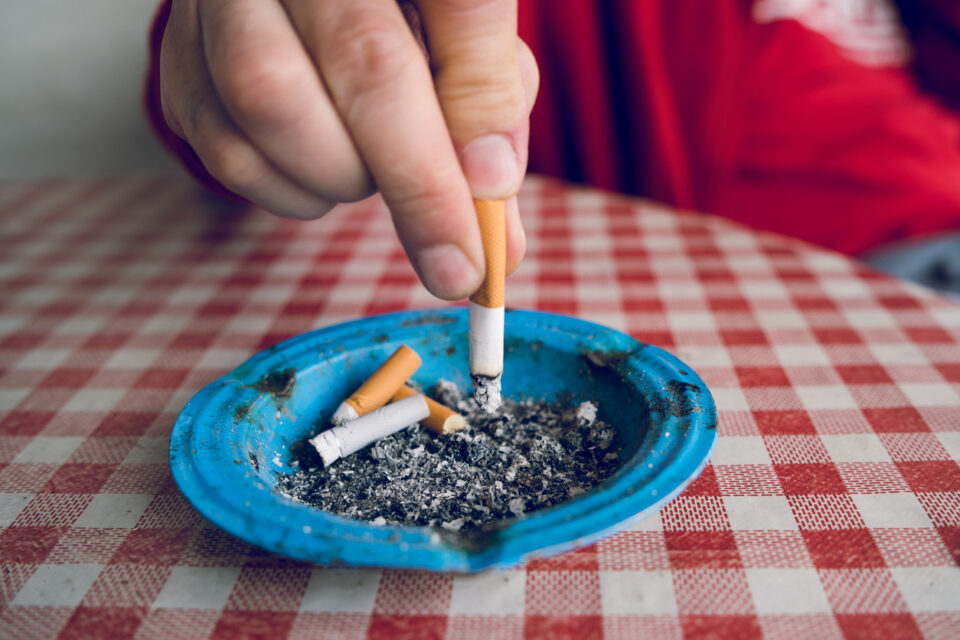Q: My condo unit smells like a smoky bar. What can be done about smoke transmission?

With condominium residents spending more time in their units due to the COVID-19 pandemic, complaints of smoke/odor transmission are on the rise. Below is a summary of what condominium residents and boards need to know about smoke/odor transmission complaints:
Is Smoking Allowed in Condo Units? It depends. Check the Association’s governing documents. There might be a prohibition on smoking within individual condo units or requirements for addressing smoke/odor transmission issues in the rules and regulations.
Can My Condo Association Ban Smoking in Units? Yes – A ban on smoking in units may be accomplished via a formal amendment to the Association’s declaration or by-laws, which requires the approval of a supermajority of the unit owners as set forth in the governing documents. In contrast, smoking in the common elements, such as common hallways, lobbies, etc., may be prohibited via a rule. We recommend that the board consult with the Association’s legal counsel on a declaration amendment to prohibit smoking in units to ensure that proper procedures are followed.
Note: the Cannabis Regulation and Tax Act, which decriminalized consumption of recreational cannabis in Illinois, adds nuance to restricting consumption of cannabis in units. Click here for our datapoint on clarified options for restricting cannabis consumption in condo units.
My Governing Documents Do Not Prohibit Smoking – Is There Anything that Can Be Done About Smoke/Odor Transmission? Yes – Condominium association governing documents customarily include a prohibition on noxious and offensive conduct and nuisance, which would include unreasonable smoke/odor transmissions. While smoking in units may not be prohibited, unreasonable smoke/odor transmission into another unit or the common elements may constitute a nuisance and thus violate the prohibition on noxious and offensive conduct. Said another way, if there is no prohibition on smoking in units, residents may smoke in their units, but not in a manner that causes a nuisance such as unreasonable smoke/odor transmission.
My Condo Unit Reeks Due to My Neighbor’s Second-Hand Smoke – What Should I do?
The first step is to document the issue. The second step is to submit a complaint to the Board or management if there is a managing agent.
Check your condominium association’s rules and regulations for procedures for smoke complaints and confirm whether your association has a specific complaint form to be filled out and submitted. You will also need to identify the source of the smoke, which can be difficult. Normally, a best practice is to have a third party (staff or a neighbor) verify the smoke issue to corroborate that (i) the smoke transmission exists; (ii) the smoke is coming from a particular unit; and (iii) if smoking in units is not prohibited (again, check the governing documents for a smoking ban), the smoke transmission rises to the level of an objective nuisance. Verification can usually be done from the common element hallway to avoid having someone come into your home (not recommended during the ongoing COVID-19 pandemic).
Complaints along with any verification should be submitted to management (if any) or the condo board, and the board will determine the appropriate next steps, which may include issuing a violation notice and holding a fine hearing. Keep in mind that without verification, the condo board’s options for addressing the issue are limited.
The Condo Association lawyers at Levenfeld Pearlstein are here to help you with your pandemic-related questions, and other condo association matters as well. Don’t hesitate to reach out if you have a question or concern.